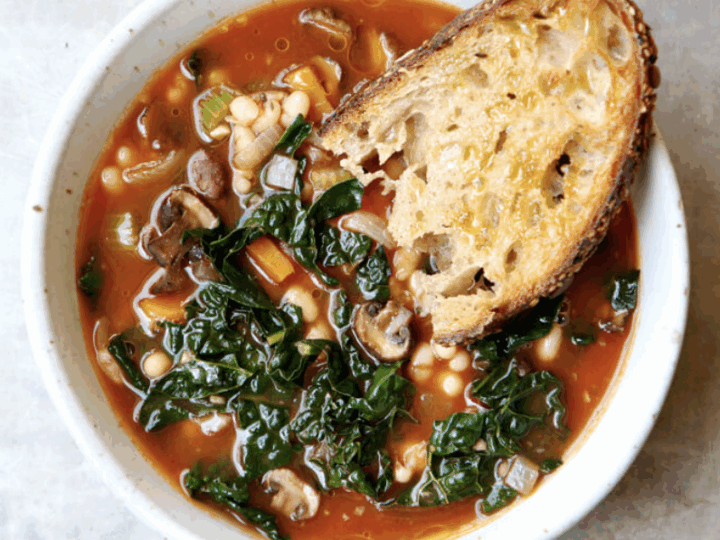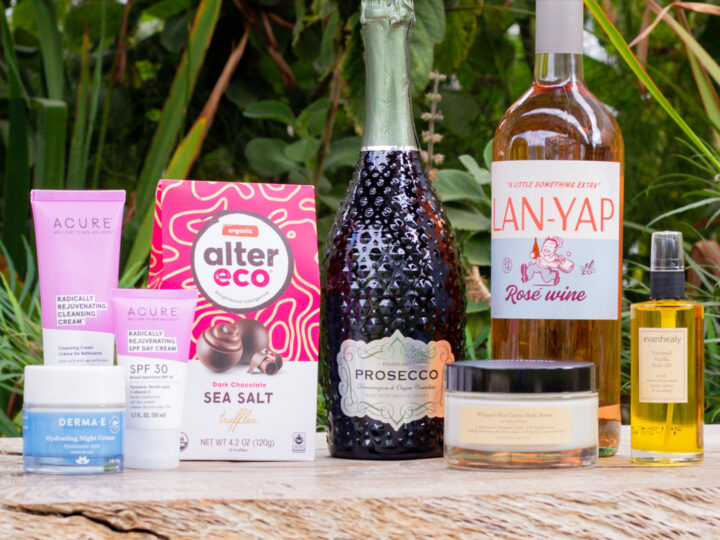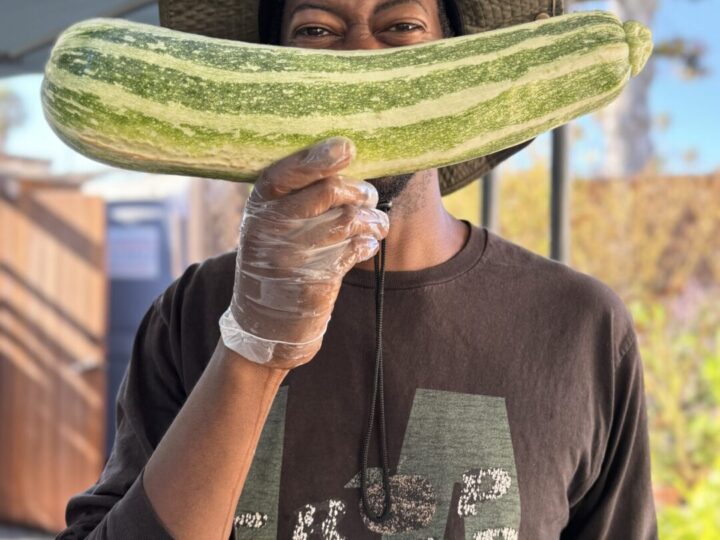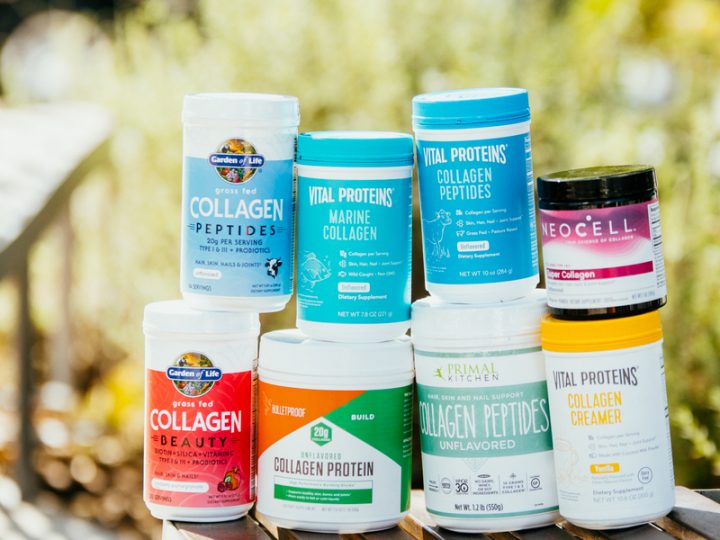Six Brands Working to Reverse Climate Change
We are proud to support brands that are invested in helping to reverse climate change, through their involvement with the Climate Collaborative. The Climate Collaborative is a community of businesses working both individually and together to make meaningful positive impact regarding topics including agriculture, food waste, energy efficiency, packaging, and transportation.
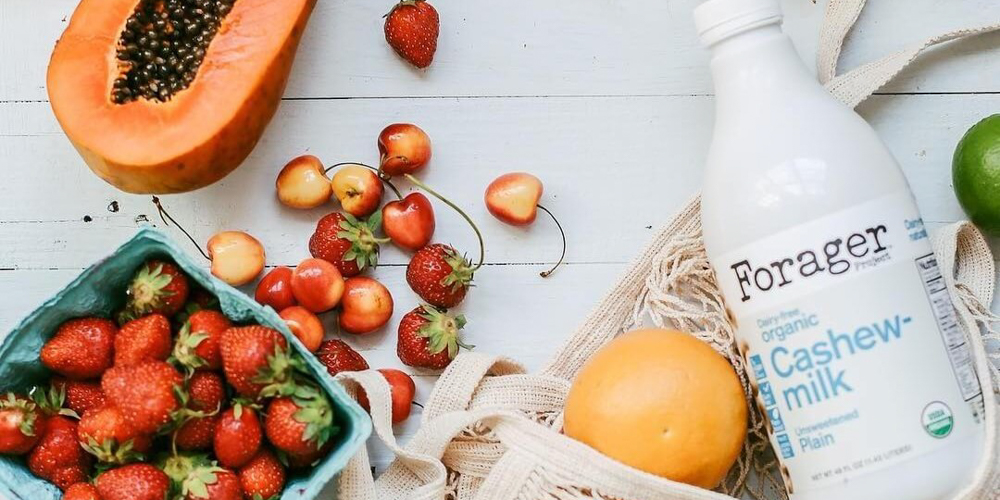
Forager Project
Started in California in 2013, the Forager Project specializes in plant based alternatives to traditional dairy foods. They believe plant based diets are a large part of the solution to help reverse climate change, as the production of plant based foods are far less damaging to the planet compared to animal products.

12 Tides
12 Tide’s kelp chips are harvested without the use of fertilizers, pesticides, arable land, or fresh water. Plus, kelp absorbs carbon from the ocean 20 times more efficiently than land crops do – improving water quality and marine life habitats.

Booda Butter
Booda Butter is conscious in their product ingredients and manufacturing, only using ingredients found in nature and collected using sustainable agricultural practices. Their products are organic and non GMO, and they opt to use recycled and biodegradable packaging whenever possible.
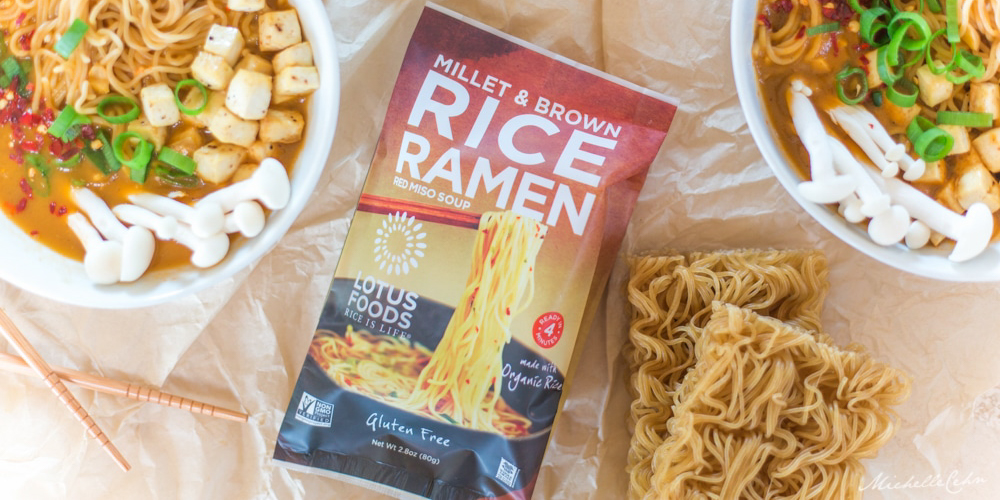
Lotus Foods
Specializing in rice products, Lotus Foods is committed to reducing the amount of water used when yielding rice crops through their version of a growing process called “System of Rice Intensification (SRI).” By planting smaller, younger seedlings more spread apart, they are able to save a huge amount of water for other communities to use.
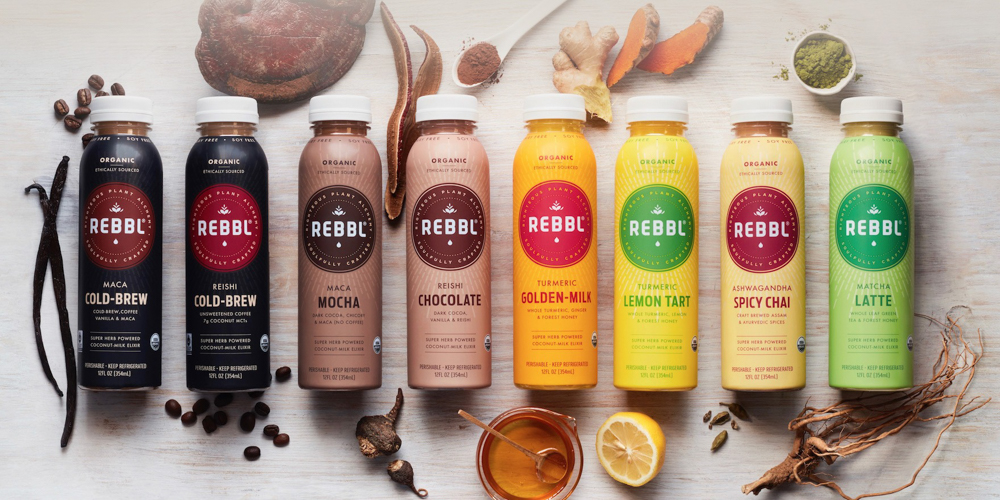
REBBL
When the Climate Collaborative program began in 2016, REBBL took initiative and helped to sponsor the program itself. Always seeking to drive positive climate impact, REBBL is committed to making progress in their packaging, regenerative agriculture and food waste.
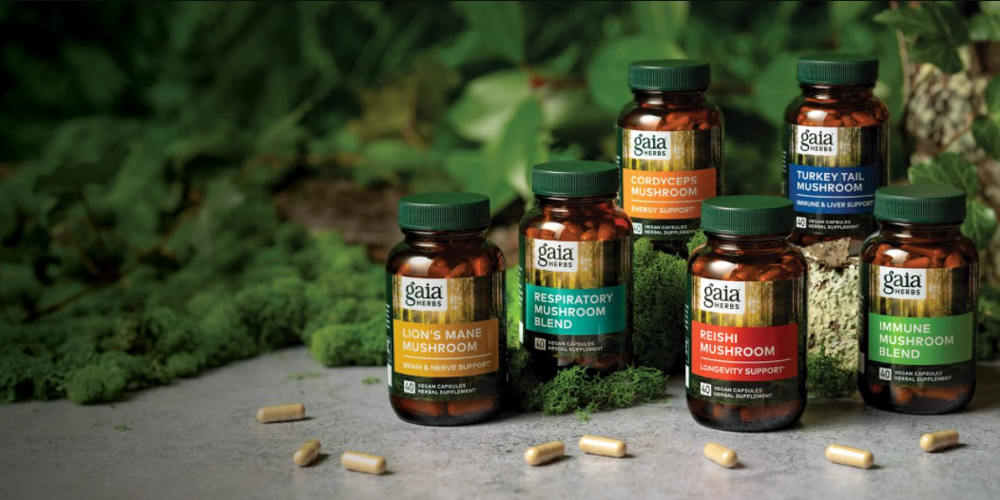
Gaia Herbs
Using regenerative farming techniques, Gaia grows over 90 different herbs on their certified organic farm, grown in soil made from organic fertilizers and biodynamic compost. Plus, their crops are free from pesticides, chemical fertilizers, or genetically modified seeds.

